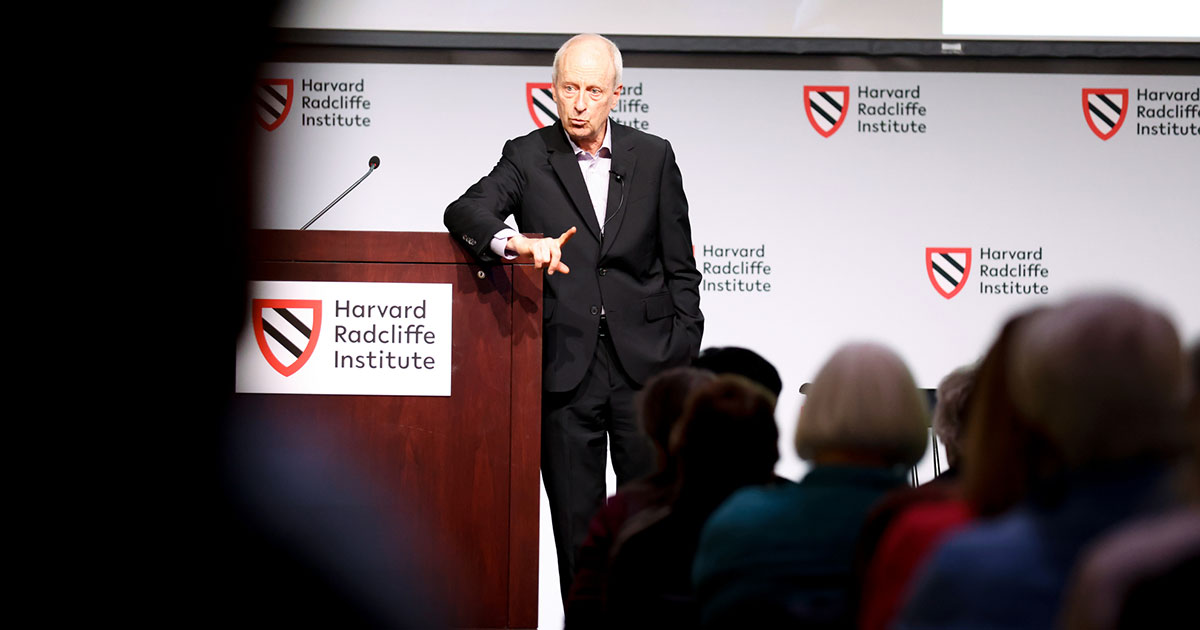
""[That] leads to hubris among the winners, leads them to inhale too deeply of their own success, to forget the luck and good fortune that helped them on their way, to forget their indebtedness to those who made their achievements possible," Sandel said during a lecture last Thursday at Harvard Radcliffe Institute. "And it leads to humiliation to those left behind, those less fortunate than themselves.""
"The current populist backlash against higher ed is driven in large part by a view among many working people "that credentialed elites look down on them," said Sandel, the Anne T. and Robert M. Bass Professor of Government. It's "a legitimate complaint" given that 62 percent of Americans don't have a four-year college degree, and it deepens cultural divisions. Top colleges and universities can begin to counteract that perception by using a lottery system to select from among the thousands of worthy and qualified students"
Higher education can promote economic and social mobility but does not meaningfully reduce inequality in the United States. Prestige at elite colleges reinforces privilege and often causes graduates to view themselves as rightful winners, fostering hubris and obscuring the role of luck and support. That dynamic produces humiliation among those left behind and contributes to cultural divisions. A populist backlash is partly driven by a widespread perception that credentialed elites look down on working people; 62 percent of Americans lack a four-year degree. Using a lottery to admit qualified applicants could help reduce wealthy advantages and counter perceptions of elitism.
Read at Harvard Gazette
Unable to calculate read time
Collection
[
|
...
]